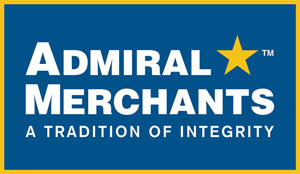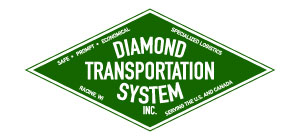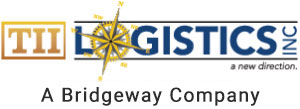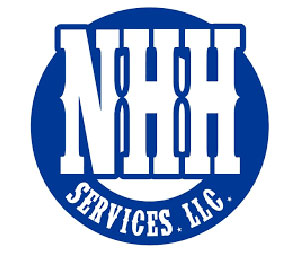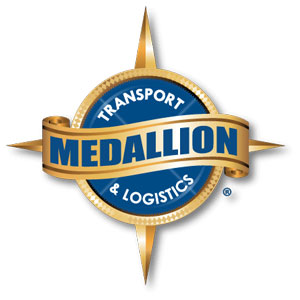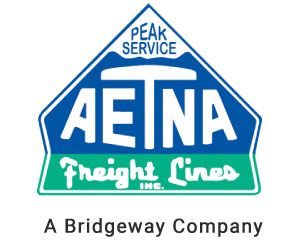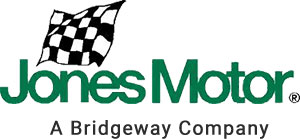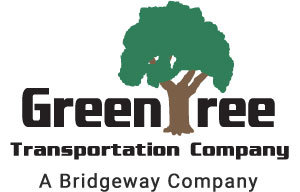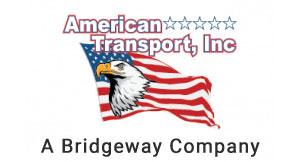Tax Deductions for Truck Drivers & Expense Tracking
Expense tracking for truckers who get paid with a W-2 became a lot easier in recent years. Whether tax deductions got smaller, that is a different story, and can depend on a few factors. Let’s look at some of the recent changes in the tax laws, how they help and hurt truckers, and at what all truckers can do to lower their federal income tax bills.
Tax Deductions for Employee Drivers
If you are employed to drive a truck that you don’t own, keeping track of your expenses for tax time used to be a lot more complicated.
Your employer pays you a per diem rate, usually so many cents per mile, to cover your expenses on the road. Under the old rules, you could either:
- Exclude your per diem from income, without keeping track of expenses, or, more often
- Include your per diem in income, but deduct your actual expenses as an itemized deduction on your Schedule B.
Deducting expenses on Schedule B made sense if you spent more cash on meals on the road, showers, phone charges, Internet charges on the road, work boots, gloves, sheets and pillows for your sleeper, association dues, cleaning supplies, DOT physicals, sleep apnea studies, and so on, than your employer reimbursed. If the amount you spent was (1) more than your per diem and (2) enough all your itemized deductions added up to more than the standard deduction, then you had a write-off.
Otherwise, you just left per diem out of your income.
Under the new rules, nobody gets to itemize. Everybody gets a bigger standard deduction, $12,000, but that doesn’t necessarily cover your all of your expenses. But there’s a work-around:
Ask your company to increase your per diem rate.
We hope you have already done exactly that. We hear stories of drivers who are getting $0.16 per mile, all of which will be non-taxable. (You don’t want your company to make your per diem so high that the IRS gives you special attention.) You don’t have to pay more taxes under the new rules, but you do need to act to receive these benefits.
Tax Deductions for Owner-Operators
The tax situation for owner-operators used to be very similar to taxes for employee drivers, except owner-operators reported their income on Schedule C, took their expenses on the same schedule, and calculated self-employment tax on Schedule SE.
The new tax laws make a huge difference for owner-operators, more if they operate as an LLC (limited liability company) and make certain tax elections. Owner-operators still get the same deductions on Schedule C that they had before the change in tax laws, the same deductions we previously mentioned. They get to take those deductions “above the line.” Deductions reduce taxable income for income tax, and they reduce taxable income for self-employment tax. And the tax laws that went into effect for 2018 allow self-employed owner-operators (but not employees) to write off up to 20% of their income on Form 8995 or Form 8995-A.
The 20% deduction against income reduces income taxes, but not self-employment taxes. It is phased out for those rare truckers who might be making more than $163,000 per year (net of expenses) if single, or who file jointly and report more than $326,000 per year. But it’s a tremendous tax break for most owner-operators.
Tax breaks for limited liability companies.
Organizing as a limited liability company (LLC) and making certain tax deductions can save even more. Here are the basic principles
- The basic reason for forming an LLC is to make sure your personal assets can’t be lost in a lawsuit if you are sued for something in connection with trucking and lose in court.
- The new tax law allows truckers operating as an LLC to treat their business as a corporation for tax purposes. You don’t have to have a board of directors, or issue common stock. This is an election for tax purposes only.
- If you treat your truck as a corporation, you are your own employee. You get to write off employee benefits you provide for yourself (within legal limits), such as health insurance for your family, retirement contributions, and on-road expenses.
- These write-offs reduce both your income tax and your self-employment tax.
There is a catch. If you elect for your truck to be treated as a corporation, you need to file corporation tax returns (1120 or 1120-S) with the federal government, issue yourself a W-2, and keep up with your payroll taxes and worker compensation. Preparing corporate tax returns isn’t cheap. Expect to spend $2000 with your CPA. But your tax benefits can be a lot more than the cost of filing corporate returns. Consult your tax professional before committing yourself to filing corporate returns.
The new tax laws are great for owner-operators, but company drivers have been taking a hit unless their employers have raised their per diem.
Are you looking for opportunities in heavy haul trucking?
Osage Specialized Transport is the go-to heavy haul and specialized equipment trucking company. We carry freight from coast to coast throughout the entire USA and Canada, working closely with larger carries, heavy-equipment businesses, and energy companies. We have over 40 years of experience in the heavy hauling industry, and have cultivated relationships over this time that allows us to provide a larger variety of heavy equipment hauling than any single company has access to.

